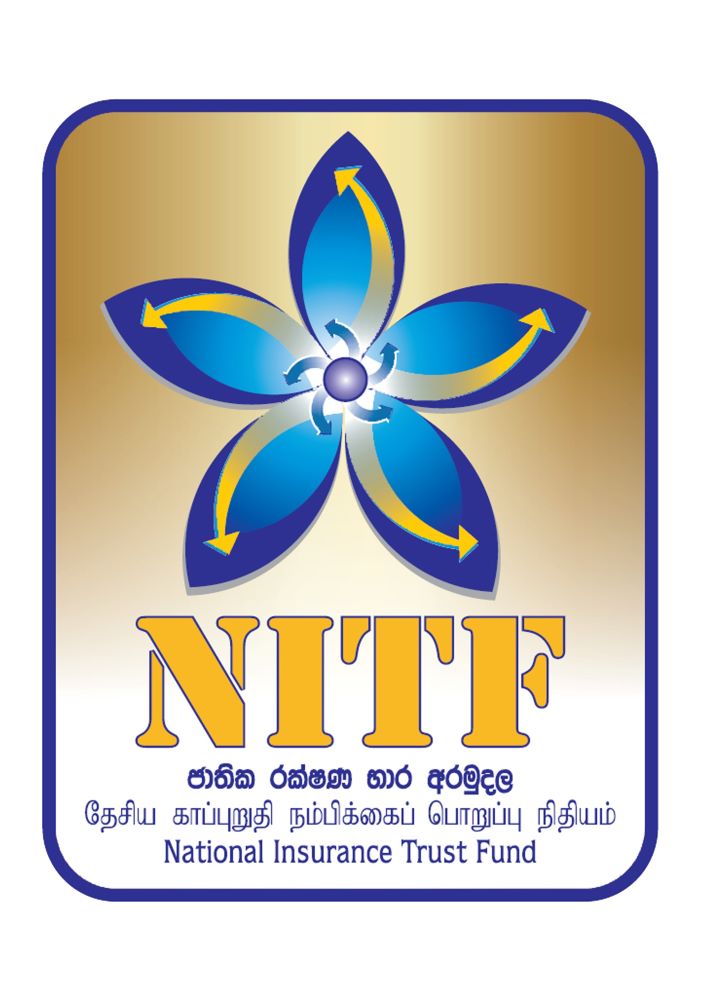Fitch Ratings has affirmed the ‘BBB(lka)’ insurer rating for Sri Lanka’s National Insurance Trust Fund (NITF), maintaining a stable outlook but cautioning about the Fund’s difficulty in securing timely reinsurance cover. NITF’s major revenue source is from riots, civil commotion, and terrorism (SRCCT) premiums, with claims remaining low.
Key points from Fitch’s assessment include:
- Risk Management Concerns: NITF has struggled to renew its reinsurance contracts, with retrocession cover expiring in January 2023 and SRCCT reinsurance lapsing in July 2023. This gap in coverage raises the risk of heightened volatility in NITF’s capital position and earnings if unexpected losses occur.
- Revenue and Profitability: Gross premiums are expected to increase significantly in 2024 due to a directive requiring primary insurers to remit 100% of motor SRCCT premiums to NITF, up from the previous 12%. SRCCT accounts for about 42% of gross premiums and drives NITF’s profitability. In 2023, NITF’s net profit increased by 32% to LKR 9 billion, supported by higher investment income and a strong return on equity.
- Corporate Governance and Financial Transparency: Fitch regards NITF’s governance structure and financial transparency as less favorable compared to other domestic insurers.
- Capital and Combined Ratios: NITF’s combined ratios for reinsurance, motor, and health segments are above 100%, indicating weak underwriting returns. However, the overall combined ratio improved to 72% in 2023 due to a reversal of claims provisions. The regulatory capital positions for non-SRCCT segments remain weak, though the overall regulatory risk-based capital (RBC) ratio is robust.
- Investment and Liquidity Risks: Fitch believes these risks have eased following positive rating actions on Sri Lankan sovereign ratings and other financial institutions. NITF’s investments are primarily in government securities.


